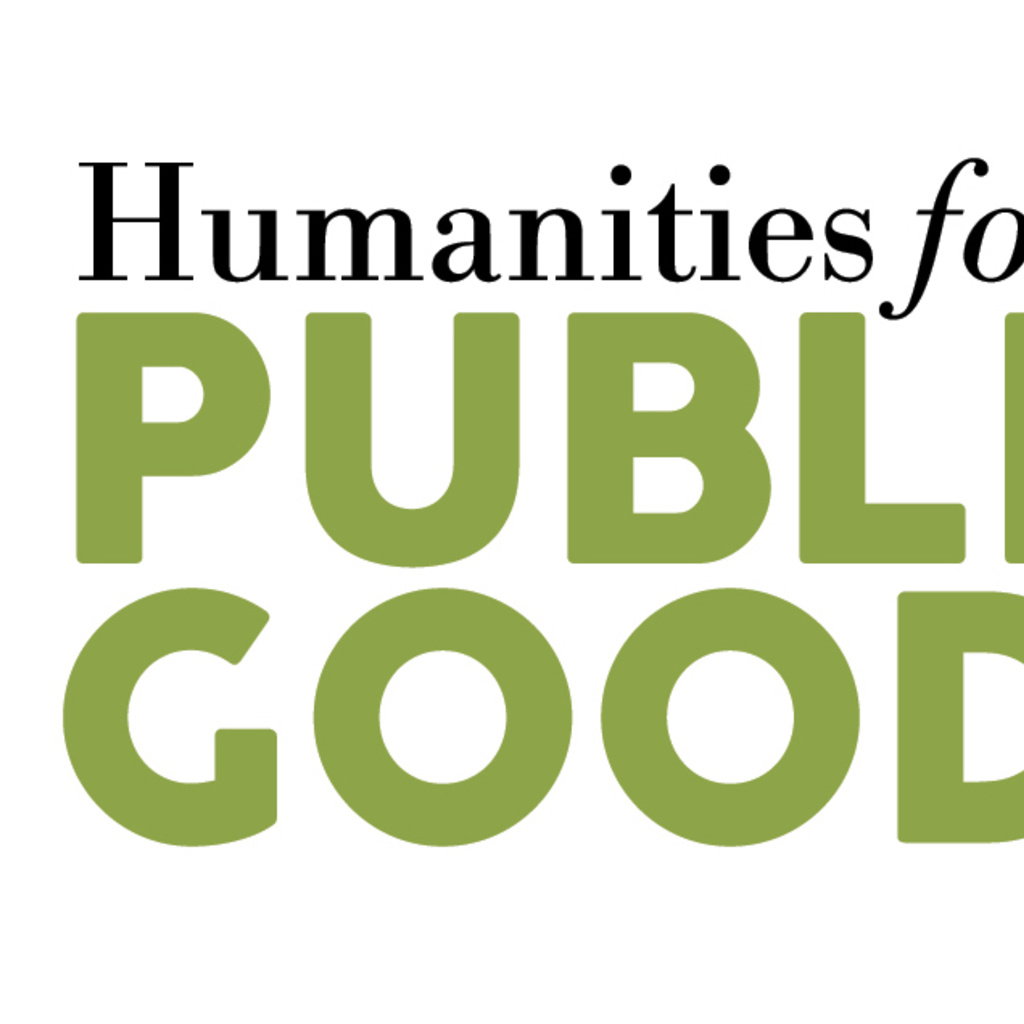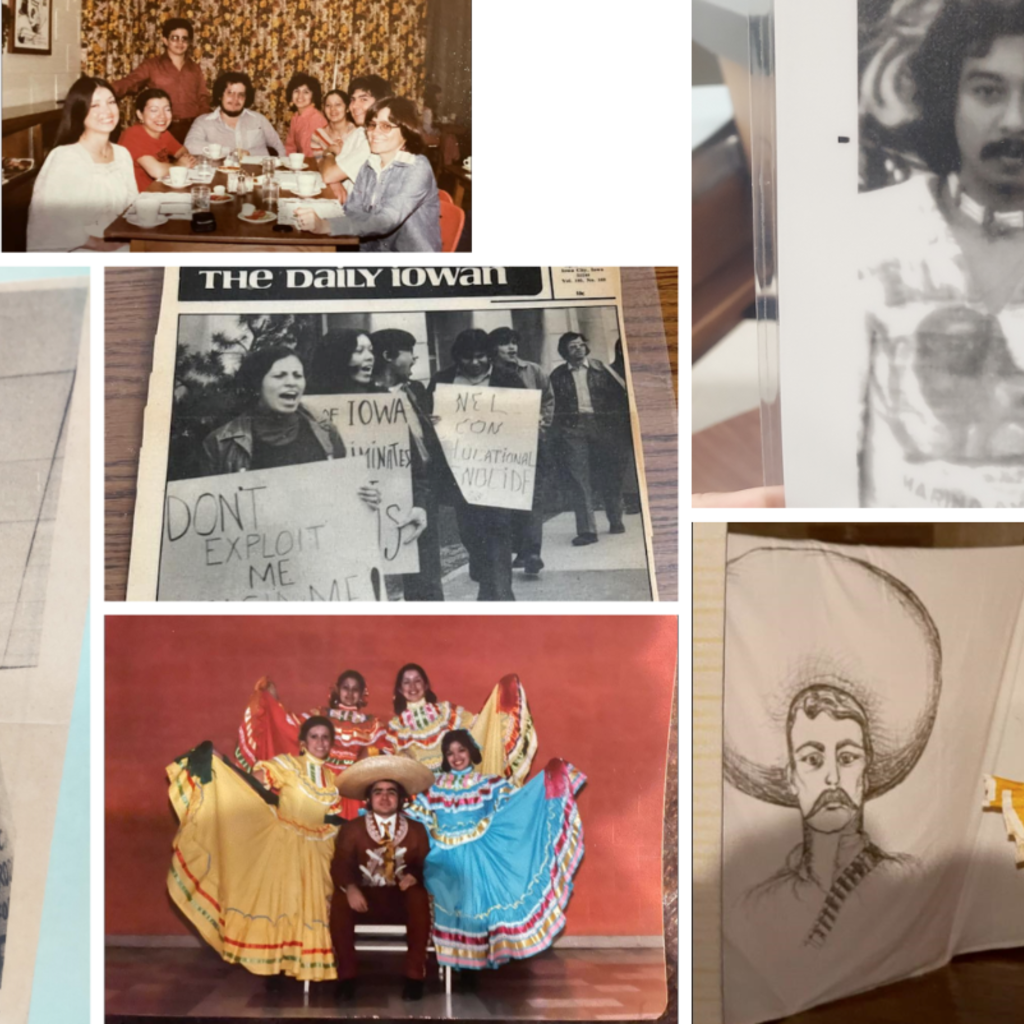Upcoming Events

Book Ends Information Session (virtual)
Book Ends supports University of Iowa faculty from disciplines in which publishing a monograph is required for tenure and promotion. The award is designed to assist faculty members in turning promising manuscripts into important, field-changing, published books. Read more about the program.
Interested applicants are invited to learn more about the program and application process at a virtual information session on Tuesday, February 3, at 8:30 a.m. Obermann Center Director Luis Martín-Estudillo...

Planning and Writing Successful Grant Proposals in the Creative Arts, Social Sciences, and Humanities Seminar
This seminar will cover fundamental concepts of proposal planning and writing for the Arts and Humanities faculty backed by concrete tips and operational strategies that support planning and longer-term sustainability.
Planning and Writing Successful Grant Proposals in the Creative Arts, Social Sciences, and Humanities Seminar
The Research Development Office is hosting an in person grant writing seminar, Planning and Writing Successful Grant Proposals in the Creative Arts, Social Sciences, and...

Cultivating Rurality: Building Community around Rural Research — 2025–26 Obermann Symposium
Directed by Brian R. Farrell, Daria Fisher Page, and Ryan T. Sakoda (UI College of Law), Cultivating Rurality: Building Community around Rural Research will bring together scholars, community leaders from across the U.S., and professionals who work with rural populations and in rural spaces. During the symposium, attendees will be invited to collaborate in theorizing rurality, share how it impacts their work, examine how rurality is represented and celebrated, and begin to discuss challenges...

Cultivating Rurality: Building Community around Rural Research — 2025–26 Obermann Symposium
Directed by Brian R. Farrell, Daria Fisher Page, and Ryan T. Sakoda (UI College of Law), Cultivating Rurality: Building Community around Rural Research will bring together scholars, community leaders from across the U.S., and professionals who work with rural populations and in rural spaces. During the symposium, attendees will be invited to collaborate in theorizing rurality, share how it impacts their work, examine how rurality is represented and celebrated, and begin to discuss challenges...
Spacer
Upcoming Application Deadlines
Upcoming Application Deadlines
News

Working to Create Nets: A Humanities for the Public Good Update

Meet Willie Zheng, our Undergraduate Communications Assistant

The City We Make Together — New book explores civic engagement

Redesigning Introductory Graduate Courses

New National Translation Center Builds on UI's Strengths and Extends Reach










